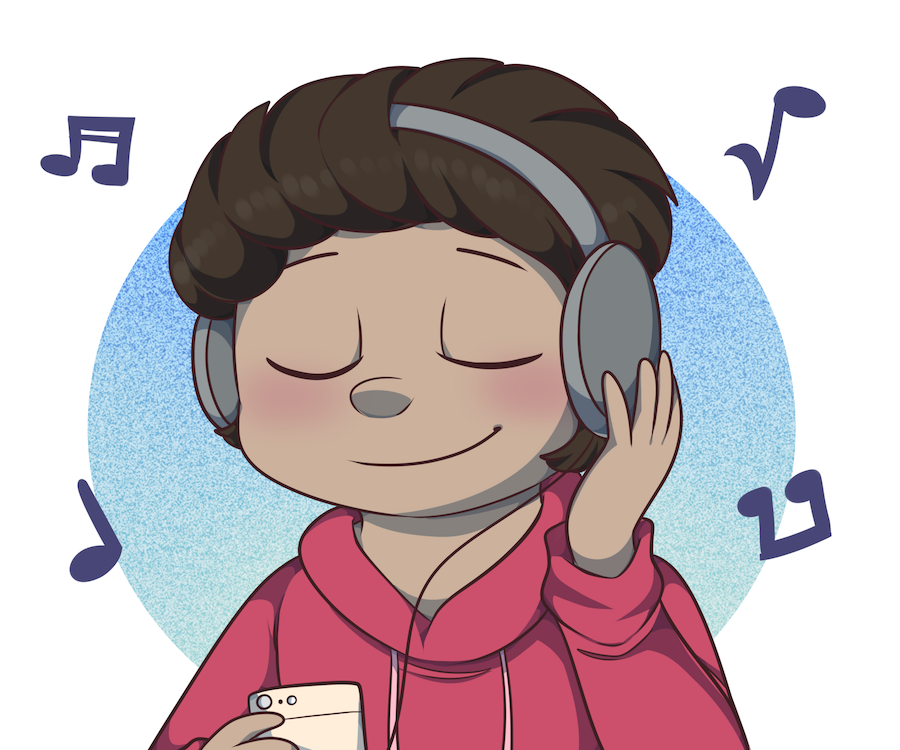I feel awkward at parties. It’s not the drinking, the dancing, or the slurred attempts at small talk, all of which I am shamelessly bad at. It’s the fear that somewhere, sometime, I’ll be asked to put my music on shuffle.
There is an unwarranted anxiety that comes with showcasing your musical tastes to the general public. Even describing the music as ‘yours’ is a stretch. Spotify tells me that my tastes are so predictable they can consolidate them into a simple algorithm. Still, I can’t help but feel like my taste in music represents me. As such, I perceive my musical taste as something special that needs to be preserved, even if some of my friends may make fun of me for liking the World of Warcraft soundtrack.
This discomfort is a result of music becoming increasingly personal over time. The founders of the much of the historical roots of modern Western music are usually the people who had the time and money to invest in it: The aristocracy. A shift happened after the invention of the printing press, and, later, the radio, which made widespread creation and enjoyment of music possible for all social classes. This increased accessibility made it a tool for the marginalized rather than the establishment: The black community created soul music as a space for artistic expression, and Indigenous rap has become an increasingly popular form of empowerment.
Music is a special form of expression that connects multiple disciplines. Music is often considered a way to connect with innermost emotions. Scientifically, music can interact with dopamine levels, and people suffering from disorders like Alzheimer’s can still sometimes remember music, even if they can’t recall much else. Meanwhile, as wandering around with headphones blaring at full-volume becomes a normal part of daily life, music is a constant and almost intimate companion. On average, studies suggest that Canadians listen to music for 24 hours per week. Today, by virtue of having entire computers in our pockets, we have an entire orchestra in there, too.
People are especially insecure about their music tastes because it feels almost fundamental to their personality. Just think about how fundamental music is to subcultures: An entire genre of Montreal life exists thanks to Mac DeMarco. The act of listening to music is an opportunity to find solace, and exposing one’s preferences is almost equivalent to baring one’s soul. This can be tough when vulnerability is too often seen as synonymous with weakness.
If music taste ever arrises as a source of insecurity, it is valuable to paraphrase the immortal words of the Incredibles: “If everything is personal preferences, nothing is.” Openly touting your musical preferences can even liberating in a perverse way; as every part of one’s identity is susceptible to scrutiny in the public sphere, it is futile to worry about the individual quirks that likely nobody will notice. Even if others do take note, it is a noble goal to encourage people to be accepting of others following the beat of their own drums, with regard to musical taste and otherwise. While the wider accessibility of music is something to be cherished, there is a need to remember its original purpose as a way to share across communities. Musical taste should be a source of pride, not insecurity. If all else fails, the next time someone asks you if you want the aux chord just cite this article verbatim—you probably won’t be asked again.









